Home> News
Six BSC members win Xplorer Prize
Updated: 2023-07-19
Winners of the fifth Xplorer Prize, one of the most generous talent funding programs for young scientists in China, were announced on July 17. Six experts from the Biophysical Society of China (BSC) have made it to the list.
Cao Peng and Ge Liang won the life sciences prize, Bai Fan, Jiang Changtao and Xu Chenqi received the medical sciences prize, and Shi Fazhan pocketed the prize in advanced interdisciplinary studies.
The Xplorer Prize targets 10 fields of basic sciences and cutting-edge technologies, aiming to support outstanding young scientists aged 45 and below who are working full-time on the Chinese mainland and in Hong Kong and Macao. Each winner will receive a total of 3 million yuan ($419,891.7) within five years, and can use the money at their discretion.
Profiles of award winners
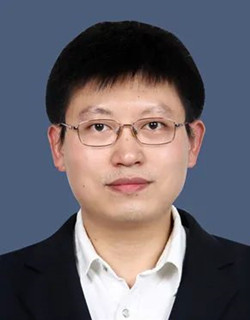
Cao Peng
Research fellow, National Institute of Biological Sciences, Beijing
Cao has been dedicated to studying the neurobiological mechanisms underlying instinctive behaviors. His research has provided evidence that the mammalian epithalamus is a crucial center for initiating such behaviors.
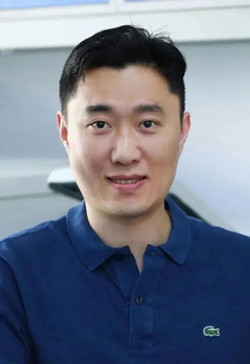
Ge Liang
Research fellow, Tsinghua University
Council member, Membrane Biology Academic Subgroup, BSC
Ge studies the dynamic changes and biological functions of membranes during cellular stress processes. Specifically, he is investigating membrane deformations involved in the process of autophagy, as well as the molecular mechanisms of autophagy-mediated degradation of toxic protein aggregates and the regulation of unconventional secretion. Ge’s lab is also dedicated to studying the role of autophagy in maintaining cellular homeostasis and its relevance to major diseases such as cancer and neurodegenerative disorders.
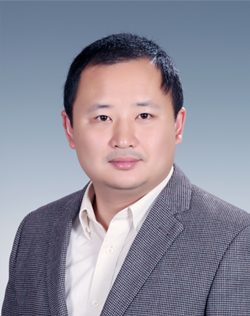
Bai Fan
Professor, Peking University
Bai’s laboratory is dedicated to applying advanced single-cell and single-molecule research methods to the study of significant medical issues.
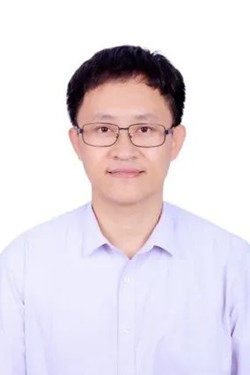
Jiang Changtao
Professor, Peking University
Secretary-general, Intestinal Flora Academic Subgroup, BSC
Jiang has been involved in research on the pathogenesis and translational medicine of metabolic disorders, with a particular focus on the role played by gut microbiota.

Xu Chenqi
Research fellow, Center for Excellence in Molecular Cell Science, Chinese Academy of Sciences
Xu focuses on lymphocytes and diseases, especially the role played by T lymphocytes, the primary functional cells of the adaptive immune system, in clearing pathogens and tumor cells. Xu’s research team has employed a multidisciplinary approach, combining immunology, biochemistry and biophysics in exploration of the molecular mechanisms that regulate T cell activity. It has also revealed the molecular basis of T cell-mediated immune functions and developed novel tumor immunotherapy methods.
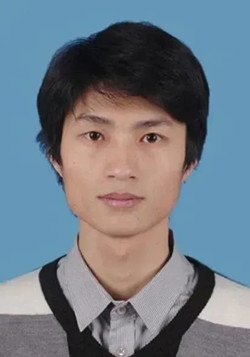
Shi Fazhan
Professor, University of Science and Technology of China
Shi has long been engaged in experimental research on quantum information physics, focusing on solid-state single-spin quantum precision measurement of diamond nitrogen-vacancy centers and cross-disciplinary applications. His main research fields include the development of single-spin quantum precision measurement methods, cross-disciplinary research on single-molecule biophysics, nanoscale magnetic imaging, and condensed matter physics, as well as the development of advanced magnetic resonance scientific instruments.
